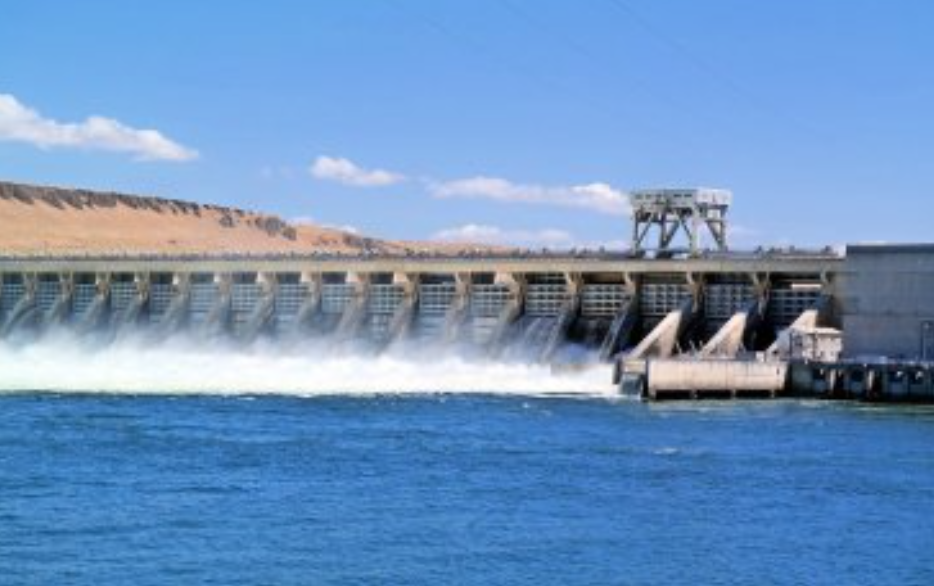Acme’s Plea For Operationalisation Of Solar Plant In GIB Area To Be Decided By SC Panel

The bench asked the committee to reconsider its decision, keeping in mind the approval granted to another firm, PGCIL, to operate in the area
The Supreme Court on Monday directed the court-appointed experts committee to decide within two weeks the representation of a firm whose solar plant worth Rs 7,500 crore is lying unutilised in Rajasthan because it falls within the area frequented by the critically endangered Great Indian Bustard.
Highlighting the need for balancing competing interests, a bench comprising Chief Justice D Y Chandrachud and justices JB Pardiwala and Manoj Misra took note of the submissions of senior lawyer Mukul Rohatgi, appearing for Acme Solar Holdings Pvt Ltd, that the firm will go bankrupt if not allowed to start the already established solar plant.
“There is a need for balancing,” the bench said.
The senior lawyer showed the bird diverter to the judges and contended that the under-grounding of the power transmission line is not feasible.
He cited the example of another solar power plant in the area that is functional and said Acme Solar Holdings Pvt. Ltd. can also be allowed to start its operations.
Taking note of the submissions, the bench directed the three-member committee, comprising scientists Rahul Rawat and Sutirtha Dutta, and Devesh Gadhavi, Deputy Director of the Corbett Foundation, to take a decision on the firm’s representation within two weeks.
The bench asked the committee to reconsider its decision, keeping in mind the approval granted to another firm, PGCIL, to operate in the area.
It said the panel of experts can point out the distinguishing features, if any, between the case of Acme Solar Holdings Pvt. Ltd. and PGCIL, which is already operating in the area.
Earlier, the top court, while hearing a PIL, asked the Centre to come out with a comprehensive plan to save the critically endangered Great Indian Bustard while simultaneously keeping in mind India’s international commitment to solar power enhancement.
The Great Indian Bustard (GIB) is especially found in Rajasthan and Gujarat, and the alarming decrease in its numbers is attributed to their frequent collisions with overhead transmission lines, including those of solar power plants.
The Great Indian Bustards have lateral vision as their eyes are on the sides of their heads, and they find it difficult to change their flight course when confronted with a live wire.
According to the 2021 report of the International Union for Conservation of Nature (IUCN), the Great Indian Bustards are on the verge of extinction, with hardly 50 to 249 of them alive.
The PIL sought the court’s directions for an urgent emergency response plan to protect and ensure the recovery of the Great Indian Bustard and Lesser Florican.
(PTI)





















































































































































































































































































































































































































































































































































































































































































































































































































































































































































































































































































